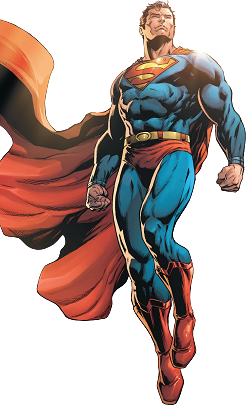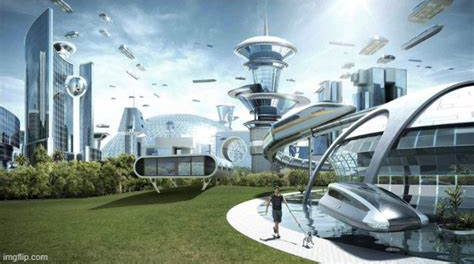
Dune (1984) – IMDb
David Lynch and Denis Villeneuve are both known for their unique styles of directing; thus, there are many differences between their adaptations, but which one is better? Dune is a complex story, but it can be summarized as two families, the Atreides, and the Harkonnens, fighting for control of the desert planet Arrakis and its only natural resource, Spice Melange, which allows prescience and space travel. There have been many attempts to adapt Frank Herbert’s Dune to the screen. David Lean, Alejandro Jodorowsky, Ridley Scott, David Lynch, a group of Spanish students, Peter Berg, Pierre Morell, Denis Villeneuve, and several more to varying degrees of success. All attempts were plagued by problematic development, except for the most recent film. Jodorowsky’s Dune would be 10 hours long and feature Orson Welles, Salvador Dalí, Gloria Swanson, and several others (Whom Jodorowsky named “his Seven Samurai”) and a soundtrack by Pink Floyd. After the critical success of Elephant Man, David Lynch received several other directing offers, including Return of the Jedi, but after reading Dune, he decided to direct Dune. Lynch views Dune as his “biggest sadness,” despite being David Lynch’s highest-grossing film, it was a commercial failure.
Dune’s (1986) soundtrack was performed by the band Toto, along with the Vienna Symphony Orchestra and the Vienna Volksoper Choir, while Hans Zimmer performed Dune’s (2021) soundtrack. Toto has a Symphonic rock soundtrack, while Zimmer has an Orchestral soundtrack featuring a Choir, percussion, and string instruments used to make the “otherworldly” background music. While Dune’s (2021) shields are more book-accurate and make fight scenes understandable, compared to David Lynch’s shields, which were painstakingly rotoscoped using film, Characters in Dune (2021) are more critical and fleshed out, such as Princess Irulan acts as a semi-narrator in the book and the Lynch film, while in Dune (2021) she is not just an observer she is more of an active character in the plot, but with certain essential characters from the book such as Thufir Hawat are cut from Dune: Part 2, while the David Lynch movie still includes Thufir, his role is diminished. Among the other characters mostly cut from Dune: Part 2 are The Guild Navigators, who are possibly the most essential part of the Lynch version and went on to influence Frank Herbert’s (Dune’s author) evolution of the Guild Navigators in later books. Dune (2021) has representatives from the Guild, but the Navigators have yet to be seen. This is more faithful to the book, as the Navigators are kept a secret by the rest of the Guild. Paul Atreides in Dune (2021) is more faithful to the book than Kyle MacLachlan. MacLachlan’s Paul is more confident and stoic than Timothée Chalamet’s Paul, but Timothée Chalamet develops into a commanding presence. In the book and David Lynch’s Dune, there’s a pretty immediate and widespread belief in Paul’s role as Messiah, but Villeneuve introduces a split between the believers and non-believers.
Rodney Hester stated he enjoyed Dune (2021), citing Channi (Zendaya) as a highlight. Still, he believes nothing tops the David Lynch version, saying, “The emotion they showed you can’t recreate that.” preferring Kyle MacLachlan to Timothée Chalamet and the Hans Zimmer Soundtrack to Toto’s soundtrack. While Dario Rogers read the book and preferred it to all of the movies, he preferred Zimmer’s soundtrack to Toto’s but did concede that Toto’s soundtrack fits the movie well. Cameron Woolf said that the book was the best way to experience Dune, citing that Paul Atreides in the book is better than in Dune (2021) and David Lynch’s adaptation. Cameron also believes that Hans Zimmer’s soundtrack is better, stating that Toto’s soundtrack didn’t fit the movie.

In summary, the two adaptations of Frank Herbert’s Dune, from David Lynch’s ambitious but commercially unsuccessful adaptation to Denis Villeneuve’s recent critically acclaimed rendition, the cinematic landscape of Dune has evolved significantly. While debates persist over the faithfulness of adaptations, the portrayal of characters, and the choice of soundtracks, one thing remains clear: Dune continues to captivate audiences across generations. Whether it’s the dynamic performances of the Lynch version or the nuanced character developments in Villeneuve’s adaptation, each iteration adds a unique flavor to Herbert’s intricate universe. Ultimately, whether one prefers the original text’s timeless allure, modern cinema’s visual spectacle, or the symphonic grandeur of Hans Zimmer’s compositions, Dune continues to endure as a timeless tale of power, destiny, and the indomitable spirit of humanity



